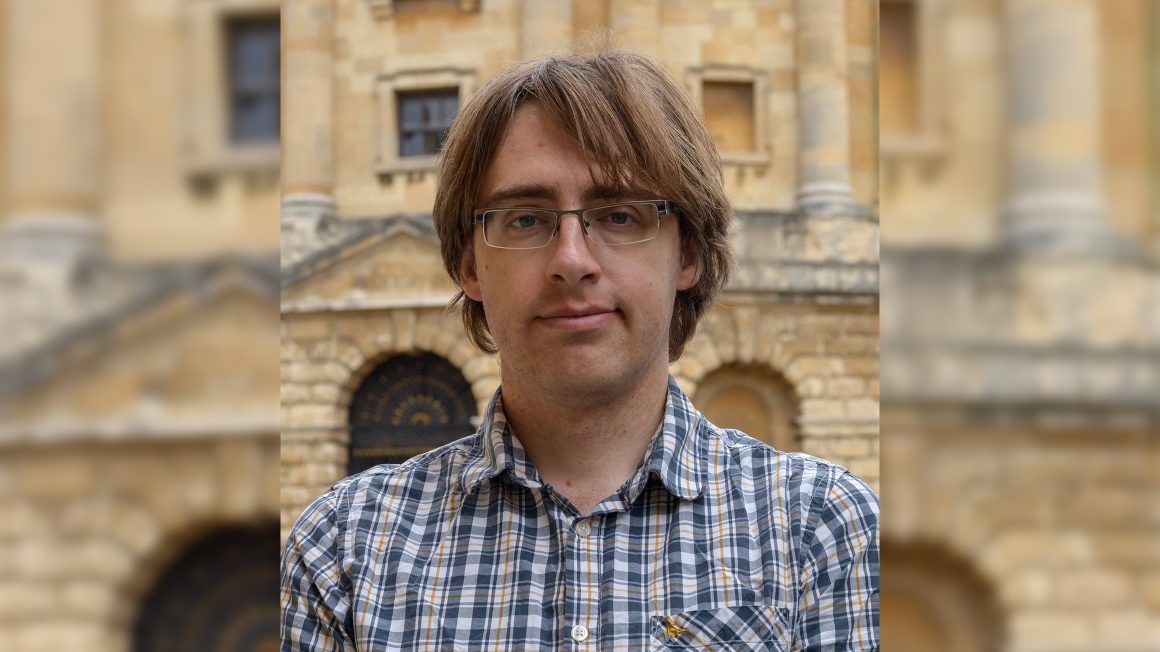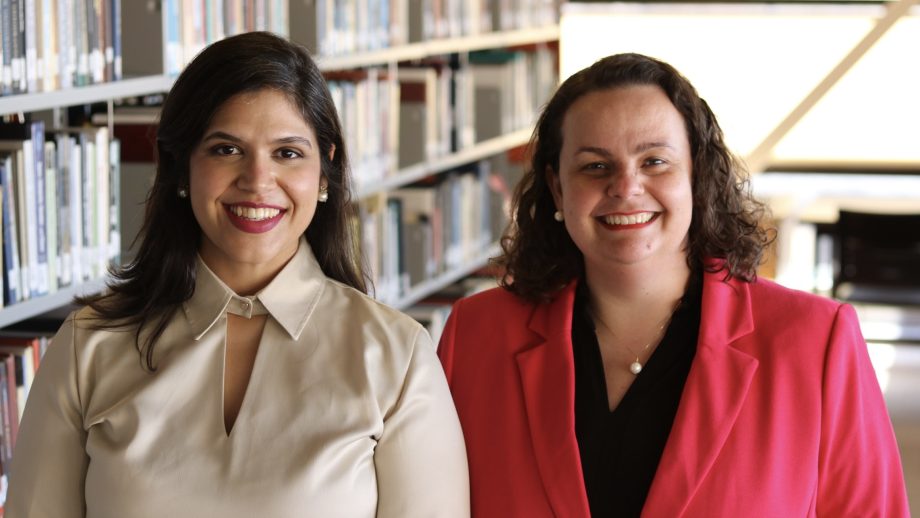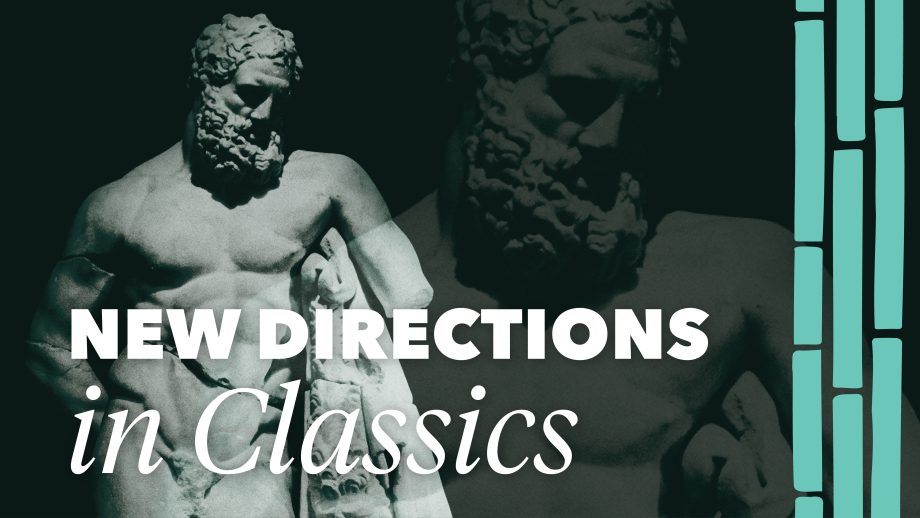An incoming University of Winnipeg postdoctoral fellow with a PhD from Princeton University will embark on a two-year research project funded by a prestigious Banting Postdoctoral Fellowship.
Dr. Lucas McMahon is a medievalist who specializes in Byzantium, the eastern Roman Empire in the Middle Ages.
“I’m interested in the everyday impact of state institutions and infrastructure,” he said, “the sorts of things that we tend to take for granted but which are essential for the functioning of any sort of polity, things like roads, ports, and the tax system. Broadly, my interest is in how the establishment and maintenance of institutions and infrastructure are felt on the ground by the people living around them, as well as how this contributes to the functioning of the state more broadly, including foreign affairs. It’s as relevant today as it was in the Middle Ages.”
Lucas will bring considerable expertise in digital humanities to the Department of Classics.
Dr. Conor Whately
Dr. McMahon will receive $140,000 over two years to pursue a book-length research project, Information and Empire in New Rome.
“I frame my project around state efforts to control information, and use that to tease out where we see coercion and how the average person responds to it,” Dr. McMahon explained. “What we don’t have in Byzantium is the sort documentary sources that might let us get at what the average farmer or artisan might have thought, so an alternative approach is needed.”
The book will examine border controls, counter-espionage tactics, and other efforts at state information control.
“What I want to get at is how extensively the state was felt in the provinces through its institutions there,” Dr. McMahon said. “What it comes down to is an effort to understand what we mean when we use the term ‘empire’ in regards to Byzantium. As a field we haven’t had a real conversation about empire, and if empire is ultimately about coercion, then I think it needs to be understood in the context of the people who experienced it firsthand.”
Dr. McMahon will be supervised by Dr. Conor Whately, Professor in UWinnipeg’s Department of Classics.
“We’re very lucky to have Lucas coming to the Department of Classics, and I’m particularly excited to work with him over the next two years,” Dr. Whately said. “Among other things, Lucas will bring considerable expertise in digital humanities to the Department. Besides working on his book, we intend to collaborate on the visual and auditory experiences of Byzantine soldiers, which will entail some visits to various Manitoba landscapes as potential comparanda for parts of the Roman east.”
Dr. McMahon said he’s eager to work with Dr. Whately.
“I’m looking forward to learning from him how better to employ the history of emotions in my work, and sharing my experience with historical mapping and GIS (Geographic Information Systems).”
About Banting Postdoctoral Fellowships
Banting Postdoctoral Fellowships help Canadian institutions attract and retain highly qualified trainees. They provide funding to top postdoctoral applicants, both nationally and internationally, who will contribute to Canada’s growth.
This is only the second time UWinnipeg has held a Banting, which are highly competitive and awarded by the Government of Canada’s three federal granting councils—the Natural Sciences and Engineering Research Council (NSERC), the Canadian Institutes of Health Research (CIHR), and the Social Sciences and Humanities Research Council (SSHRC).
This year, 522 applicants vied for 70 available fellowships. Dr. McMahon is one of 23 recipients in the SSHRC stream. Dr. McMahon said it was a “complete shock” to learn he would receive a Banting.
“I’d gone through the lists of previous holders of the fellowship and not many historians or classicists win them, rarely more than one or two a year,” he said. “I didn’t think that my chances were very good.”
About Dr. McMahon
Dr. McMahon completed a PhD in history from Princeton University in 2022. He studied under esteemed Byzantine historian John Haldon, former president of the international body overseeing the discipline.
For the last two years Dr. McMahon has held a SSHRC postdoctoral position at the University of Ottawa, where he completed a master’s degree in classics. He also holds a master’s degree in medieval studies from Central European University, and an undergraduate degree in ancient medieval history from the University of Calgary.
About Postdoctoral Fellows
Postdoctoral Fellows are individuals who have completed a doctoral degree within the last five years and are engaged in research and training under the supervision of a faculty member. There are currently 11 postdoctoral fellows at UWinnipeg working with a variety of faculty members and students.
Their growing presence on campus is a testament to the quality of research conducted across UWinnipeg’s departments and faculties, and is also reflective of UWinnipeg’s growing reputation for innovation and impactful research.
Applications for the 2024 Banting Postdoctoral Fellowship are being accepted until August 1.





